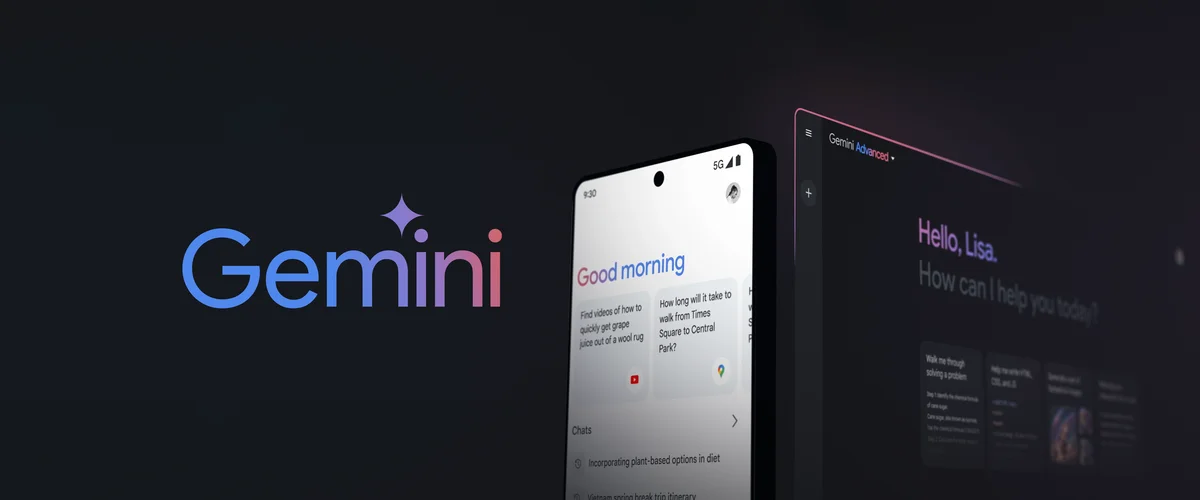In a landmark announcement that has reverberated across the realms of AI and automation, Google unveiled a transformative evolution of its AI capabilities: Bard is rebranded as Gemini. This development transcends a mere change of moniker; it represents a significant leap forward in making advanced AI technologies more accessible and intelligent for a global audience.
When Bard was introduced last year, it marked a pivotal moment in how we engage with artificial intelligence, offering unprecedented support in diverse areas such as job interview preparation and innovative business ideation. Today, we embark on a new chapter with Gemini, a transition that signifies not just a rebranding but the integration of the most sophisticated AI models to date. Designed for universal applicability, Gemini is now operational in over 40 languages across more than 230 countries, heralding a new era of AI interaction that is more intuitive, comprehensive, and far-reaching.
At the forefront of this evolution is the launch of Gemini Advanced, powered by the innovative Ultra 1.0 model. This enhancement elevates Gemini beyond the conventional AI toolkit, establishing it as the premier choice for nuanced chatbot experiences. Gemini Advanced is adept at managing intricate tasks across a spectrum of needs, from personal learning enhancements to complex coding challenges and creative project collaborations. Its advanced understanding of context ensures a more fluid and responsive dialogue, making it an invaluable asset for users seeking a deeper level of interaction with AI.
Google’s commitment to making AI more accessible is further exemplified by the introduction of a mobile app for Gemini, ensuring that sophisticated AI assistance is available anytime, anywhere. This mobile application is engineered for ease of use, enabling users to leverage AI support for a wide range of tasks directly from their smartphones.
The introduction of Gemini and Gemini Advanced signifies a significant stride towards integrating AI more seamlessly into our daily routines. Moreover, Google’s vision extends to incorporating Gemini across its suite of products, including Gmail and Docs, potentially transforming our digital workflows and creative processes. This initiative is grounded in a commitment to ethical AI use, prioritizing accessibility, interaction, and safety.
The initial rollout of Gemini on Android and iOS platforms marks the dawn of a promising new era in AI technology, one that promises to foster a more integrated, creative, and collaborative digital experience. As we journey through this transformative phase, the collective feedback and experiences of the user community will be instrumental in shaping the future trajectory of Gemini, fostering an environment of continuous dialogue and innovation.
The reception to Gemini and its advanced capabilities has been overwhelmingly positive, with users and tech reviewers alike lauding its enhanced functionality and the promise of expanded language support and features. This enthusiasm underscores the potential of Gemini to redefine our interactions with AI technology.
As Gemini begins its global rollout, we stand on the brink of exploring the vast potentials of this new AI paradigm. Whether you’re deeply embedded in the tech industry, seeking creative inspiration, or simply curious about the future of AI, the launch of Gemini offers a unique opportunity to engage with cutting-edge technology. This moment is not only a milestone in the evolution of AI but also an invitation to participate in shaping a future where AI becomes an integral, collaborative partner in our digital lives. The journey from Bard to Gemini is more than a transition—it’s a leap into the future of artificial intelligence, setting the stage for a 2024 where the boundaries of AI’s capabilities are continually expanded and redefined.
